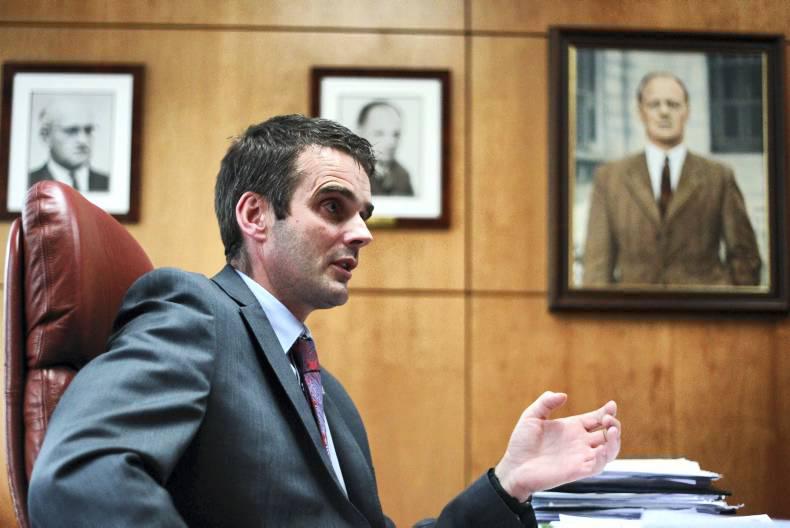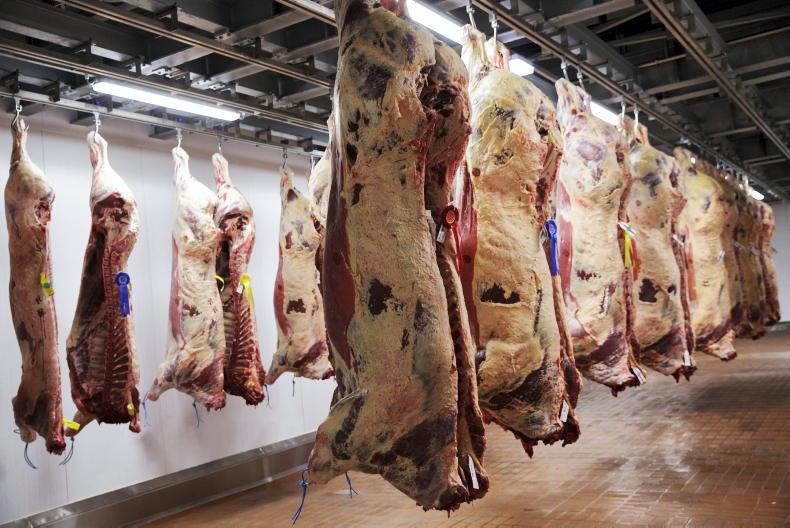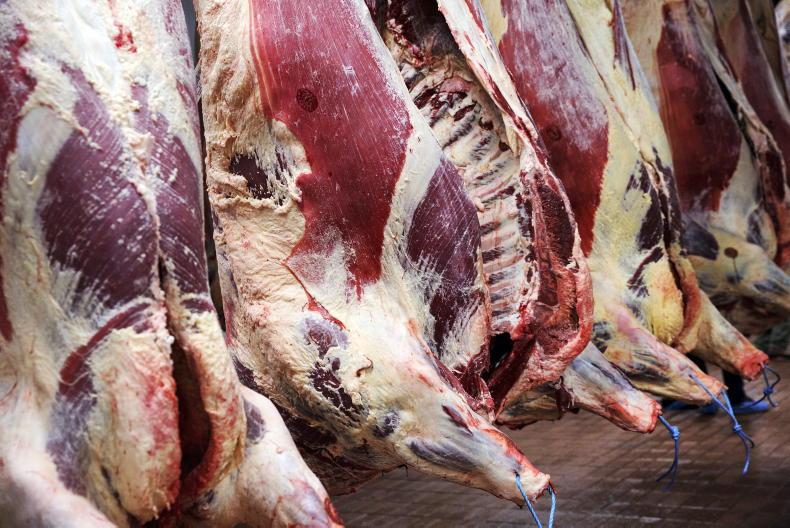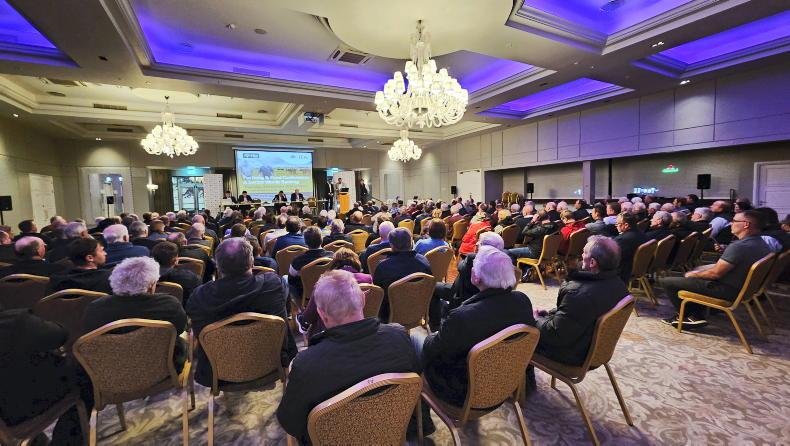Next week marks 100 days since the 15th president of the Irish Farmers’ Association (IFA) took office.
A week before taking on the role, Joe Healy, a Co Galway dairy farmer and writer for the Farming Independent, comfortably defeated opponents Flor McCarthy and Henry Burns in the presidential election. Many had expected Healy to win the contest but few could have envisaged him being declared victorious on the first count.
Healy’s victory was seen as something of a protest vote. He was perceived as being the young face in the debate, even though Burns is a few years his junior. He was the outsider; he had not been involved with the inner sanctum of the IFA’s decision-making body since his days as president of Macra na Feirme.
He was just what the IFA electorate craved: a fresh face with no baggage after the pay scandals that rocked the association in November. He was from the west of Ireland (he is the first IFA president from Connacht in over 20 years). He was pro-change and pro-ordinary farmer.
It has been an intense 100 days for Healy – a period which has seen him away from his wife and three young daughters. Is he tired?
“Not continuously tired,” he jokes.
“You might be tired in the evening because the days are long. There has been no day shorter than from before nine in the morning until 11 or 12 at night,” Healy adds.
The truth is that he looks tired during our interview. It has been an exhaustive period for him, coming off the back of an equally exhaustive election hustings.
He has been waging a campaign to improve farm incomes as well as another to reduce input prices, including fertiliser and banking charges. On banking charges, Healy says the fact that Europeans are paying 1.5% interest rates is “totally unjust and totally unfair” when Irish farmers cannot access rates at this level.
As ever, he is cool and measured with each answer. Deliberate but not rehearsed. But as the clock ticks down to his first milestone as IFA president, just what has Joe Healy achieved in his first 100 days in charge of Ireland’s largest farm organisation?
He cites achievements such as the €25m funding for a new sheep scheme, helping to remove beef from the Mercosur talks, long discussions in Russia with fertiliser companies from the US and Gulf states on bringing the price of CAN to under €200/t, helping to secure a 70% advance in direct payments this year, and the opening of the Turkish market for live cattle. It has not all been easy.
Murmurs of discontent have been raised with some grassroots members suggesting Healy should have been more proactive on issues such as finding a replacement for Pat Smith, doing more on Brexit and supporting flailing farm incomes.
Does Healy think he has the full support of the IFA’s decision-making body, the executive council?
“Absolutely. If I haven’t the full support of the council ... they should get an Oscar for acting because they definitely have me fooled. That’s how convinced I am that I have the full support of the council. I couldn’t speak highly enough of the executive council,” he says.
Healy references the support he has from Offaly county chair John Keena, who gave his nomination for the presidency to Henry Burns and backed Burns’s campaign, but has given Healy his full support since the election.
Healy has taken up the reins of the association at a difficult time but rejected the suggestion that the IFA is damaged or that the staff are demoralised after both have suffered criticism from the membership in the wake of last November’s pay scandal.
“I wouldn’t agree with saying that it is a damaged IFA – I couldn’t accept that. It is an IFA that went through a difficult period. Show me the organisation that hasn’t come through a difficult period.
“The more I went through the campaign, the more farmers I met, the more IFA members I met on the ground, the more I wanted to win the election because salt-of-the-earth people would be an understatement,” Healy says. “I can’t agree with the staff being demoralised. I can agree that they have gone through a difficult time. It was difficult for staff and voluntary officers. I think one of the strengths of the IFA is the level of expertise that is within the staff.”
He also says that IFA’s credibility with regards to lobbying and influencing has not been affected. He cites European Commissioner for Agriculture Phil Hogan calling him from Japan the night after his election to congratulate him as an example of the status the IFA retains among key decision-makers.
Perhaps what will define Healy’s tenure most is the appointment of a replacement for Pat Smith. No longer called general secretary, the IFA has advertised looking for applications for the position of director general (DG). With the IFA only ever having three general secretaries in its history, the selection of the right person will be seen as crucial to helping rebuild the association. Healy is aware of the significance of getting the right person.
“That work is ongoing,” Healy explains. “Hopefully that process will continue without a hitch. It is an absolute crucial appointment for the organisation. I think it is one of the biggest decisions the IFA has to make,” he adds.
How would Healy sum up his 100 days and the challenges he has encountered?
“It makes the job very busy. You want to give fair play to all sectors but the beauty of the IFA is, No 1, the commodity committees. You have a chairman, an executive secretary and committee – they are the experts.
“What has been central to me in my 100 days in IFA has been farm incomes – incomes for all farms and all farmers. It is one of the most difficult times for incomes on farms that I remember and we have to ensure that all voices are heard.
“It has been about spinning plates. In the space of eight days alone, we had meetings with or about every sector in farming and that’s what you have to do to represent farmers,” he adds.









SHARING OPTIONS